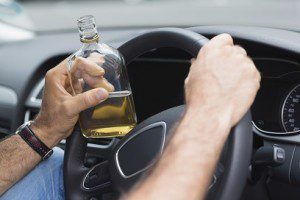A new study finds states that require people convicted of drunk driving to install ignition interlock devices in their vehicles have lower rates of alcohol-related crash deaths compared with states that don’t require the devices.
States with the interlock requirements had a 15 percent decrease in drunk driving-related deaths, compared with states that did not have laws requiring DUI offenders to use ignition interlocks, Reuters reports.
“We were able to see a real improvement in states that require them for all drunk driving convictions,” said lead author Elinore J. Kaufman of the University of Pennsylvania. “Between 2004 and 2013 more than 900 lives were saved, and if every state had this law it would be 2,600 lives.”
The study appears in the American Journal of Public Health.
A report released last month by Mothers Against Drunk Driving (MADD) concluded ignition interlock systems in cars have prevented 1.77 million attempts at drunk driving since 1999.
Ignition interlock devices are wired into vehicles. A person convicted of drunk driving must blow into the device to determine their blood alcohol concentration. The device has a preset level for blood alcohol concentration. If a person blows into it when they are over the set limit, the vehicle will not start.
The report found ignition interlocks have prevented 1.77 million attempts by a driver to drive with an illegal blood alcohol concentration of .08 or higher, which is legally considered drunk driving in all states.
The system sends a signal back to the manufacturer with the results, which allows them to keep track of how many times the devices stop attempts at drunk driving.
According to MADD, 25 states have laws that require ignition interlocks for anyone convicted of a drunk driving offense. All states have some type of ignition interlock law, but some require them only for certain levels of offenses and blood alcohol levels, or allow judges discretion.
